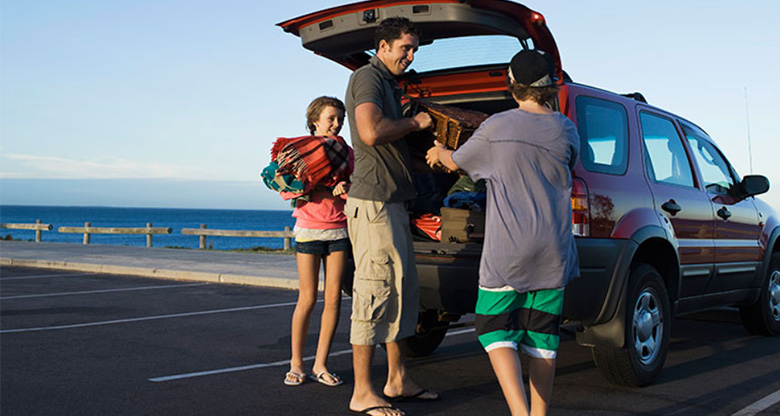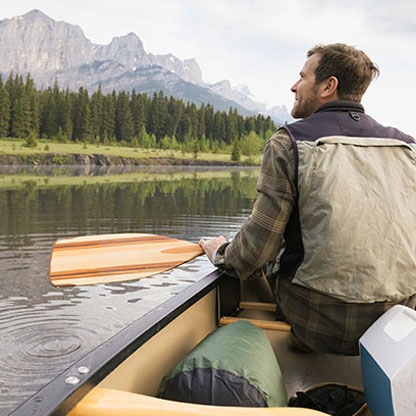Whether it’s a family holiday to Port Macquarie or a gourmand's getaway to Margaret River, the time-tested tradition of road trips are a great way to see the amazing locations that Australia has to offer.
And with a little bit of smart planning, they’re also a way to take a break without having to spend too much money.
Here are some tips that can help you keep costs down:
Set a budget
Think about your major costs such as servicing or hiring a car, accommodation, fuel and food. From your budget, you’ll have a good idea of how much you'll need to save before setting off. Make sure the budget is realistic so you can stick to it.
Our Budget Planner can be a great place to start with this.
Timing is everything
Think carefully about when you’re setting off. If you don’t have kids, travelling outside of school holidays will likely mean quieter roads and lower accommodation costs.
If you do have to travel during school holidays, book early to try and get the best deal. It’s also a good idea to think about how the weather is likely to impact your trip. Driving in the middle of summer can mean good beach days, but it may also mean having to use a lot more air-con.
Pay for a car service and car insurance
Getting your car serviced and taking out comprehensive car insurance are two costs that could save you a lot further down the track should something unexpected happen. Knowing your vehicle is in tip-top condition will help ease you into the relaxed holiday state of mind, so get your tyres, the engine, oil, water and everything else checked and/or replaced before you go.
Factor in fluctuating fuel prices
Fuel will be one of your biggest costs while on the road – and its price can be very difficult to predict. Budget for fuel prices increasing a couple of cents per litre so you know that no matter what happens, you’ll always be able to get to your next destination.
Plan your meals ahead
While you’re on the road, you may not have access to much in the way of cooking facilities. It’s easy to grab food on the go as you travel, but this can also become expensive.
Planning your meals in advance and making your food where possible can help you save. Make sure to buy snacks from supermarkets as you go so you can stave off hunger between meals without splashing out.
Avoid tolls
Tolls won’t be the most expensive cost you encounter while you’re on the road, but they can add up. Take a look at your route to see if you’ll be going through any tolls. If you will be, is there an alternative route?
Sometimes, taking the 'scenic route' can be just that, and not necessarily an excuse for taking an impractical road or even getting lost.


